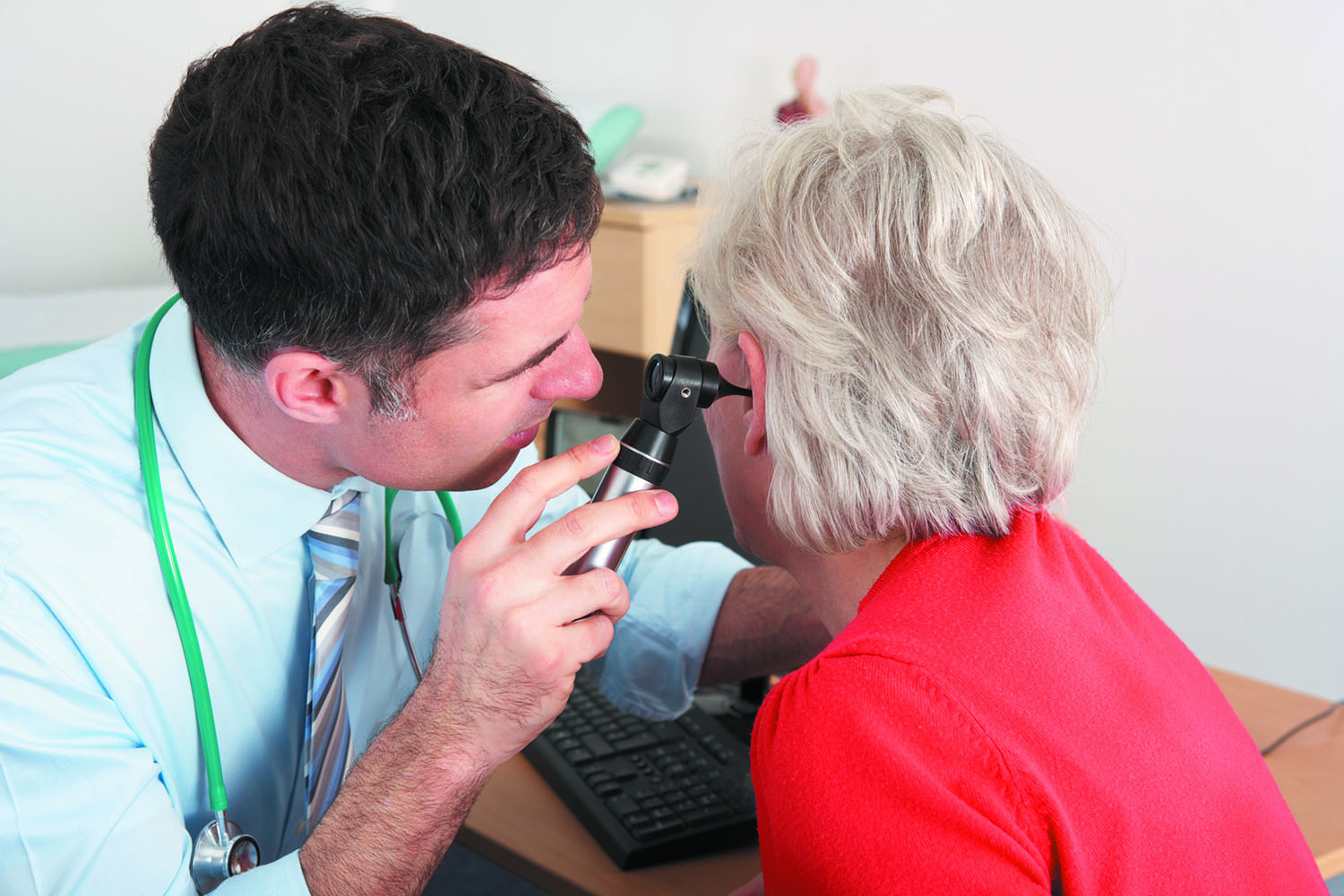What to do for earwax
The ear's self-cleaning system usually prevents wax from accumulating. But wax impaction requires medical attention.

Image: © monkeybusinessimages/Thinkstock
If you are like 90% of Americans, you assume that wax is something to be cleaned from your ears regularly, and you may have tried using cotton swabs, toothpicks, bobby pins, or any number of other small implements to do the job. However, according to the American Academy of Otolaryngology–Head and Neck Surgery Foundation, you are not only performing an unnecessary task, you are risking hurting your ears and jeopardizing your hearing. The academy's new guidelines on earwax repeated a familiar warning — "Don't stick anything smaller than your elbow in your ear."
Dr. Rachel Roditi, an otolaryngologist at Harvard-affiliated Brigham and Women's Hospital, agrees that there usually isn't much reason to clean one's ear canals: "I advise people that the ear has a lot of self-cleaning mechanisms already and so you usually don't need to do anything. Just let the ear do its job."
How earwax gets impacted
Earwax, medically known as cerumen, protects the ear from infection and lubricates the outer ear canal. It consists of secretions from glands in the ear canal mixed with cells shed from the tissue lining the canal. The motion of our jaws propels the cerumen through the canal to the outer ear. When this process slows or glandular secretions wane, the wax can become impacted in the ear and produce symptoms that can include hearing loss, tinnitus, fullness, or itching.
Although the risk of developing impacted earwax is generally low, it increases with age as the inner ear becomes drier. As many as a third of people over age 65 might experience impaction at some time. People who use hearing aids are also more likely to develop impaction, perhaps because the devices can stimulate wax production or prevent it from draining out of the ear.
What to do
If you are generally healthy and your hearing is normal, your ears don't require any maintenance. At most, clean your outer ear with a moist, warm washcloth wrapped around your index finger.
If you have symptoms of wax impaction, it's a good idea to check with your doctor before you try to treat yourself with over-the-counter remedies. Instruments to remove wax are likely to make the problem worse, by compacting the wax, pushing it more deeply into the ear canal, puncturing the ear drum or even displacing the small bones in the ear. Studies have indicated that ear candling has no benefits.
The one exception is using drops that thin the wax. "If you have a little fullness in your ear and no history of ear disease or eardrum perforations, trying them shouldn't be harmful," Dr. Roditi says.
If you wear a hearing aid
A little extra care is required of people who have hearing aids. Your ear canals should be checked, and possibly cleaned, by a medical professional every three to six months. Your audiologist can show you how to clean your hearing aid and replace the device's wax trap.
Disclaimer:
As a service to our readers, Harvard Health Publishing provides access to our library of archived content. Please note the date of last review or update on all articles.
No content on this site, regardless of date, should ever be used as a substitute for direct medical advice from your doctor or other qualified clinician.















